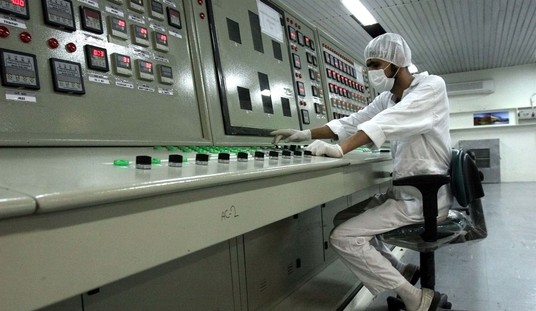The Muslim Brotherhood -- an outlawed group prior to the fall of Mubarak and long considered a terrorist organization -- has won a plurality of votes in the first round of voting. (Elections in the remaining provinces will take place in December and January.) What's more, candidates supported by the ultra-religious Salafi sect have won nearly 25 percent of the parliamentary seats so far, and it's likely that they'll join the Muslim Brotherhood to form a government.
The Salafi winners in Egypt's elections are already talking about changing the banking system to conform to Islamic law (which forbids paying or charging interest), censoring art and entertainment, outlawing the sale of alcohol and restricting education for women. And since the Salafis will hold the balance of power, it's difficult to imagine that the Muslim Brotherhood will resist.
Of course, the most immediate impact will fall on Egyptian women, whose rights will be curtailed by Islamic law, as well as on the 10 percent of the Egyptian population that is Christian. Inevitably, however, an Islamist government in Cairo will spell trouble for the United States and pose a grave danger to our ally, Israel.
The Egyptian military has twice engaged in wars against Israel. Although defeated decisively, Egypt nonetheless remained a threat until Egyptian president Anwar Sadat and Israeli president Menachem Begin signed the Camp David Peace Accords in 1979. Even now, Egypt has the largest military among Arab nations, numbering nearly a half-million. Since Camp David, the U.S. has helped train and professionalize the Egyptian military, but that cooperation will be derailed if the government shifts sharply toward Islamism.
Recommended
Just as important is Gaza, which is on the border with Egypt and remains a haven for Hezbollah, Hamas and other terrorist organizations. Without Egypt's efforts to control terrorist activity, these groups remain a threat to Israel and add to instability in the region. There will be little impetus for a new Islamist Egyptian government to stop these attacks.
This shift in the politics of the region couldn't come at a more precarious time for the United States. We're in the process of withdrawing from Iraq, leaving a vacuum there and a potential for Islamists to become a bigger force. Much of the region is now in flux, and the United States has largely become a non-player. But we won't be able to afford that stance if the countries in the region become training grounds for anti-American terrorists or if they decide to attack Israel.
What the Egyptian elections prove is that democracy means more than holding popular elections. Democratic nations depend on democratic values and institutions: the rule of law; due process; a respect for women and minorities; freedom of expression, religion and the press; and an independent judiciary. But these necessary building blocks of democracy are almost entirely missing in the Arab world. Indeed, Sharia Law excludes even the possibility of freedom of belief or expression.
Americans have a hard enough time focusing on our own elections this early in the presidential cycle. But we cannot afford to stick our heads in the sand when it comes to awareness of what's happening elsewhere in the world. As long as we are dependent on the Middle East to provide a major share of our energy needs, what happens there matters here.
And as much as we might want to, we cannot ignore an election that furthers an ideology bent on the destruction of Western civilization -- even when it occurs halfway around the world.

























Join the conversation as a VIP Member